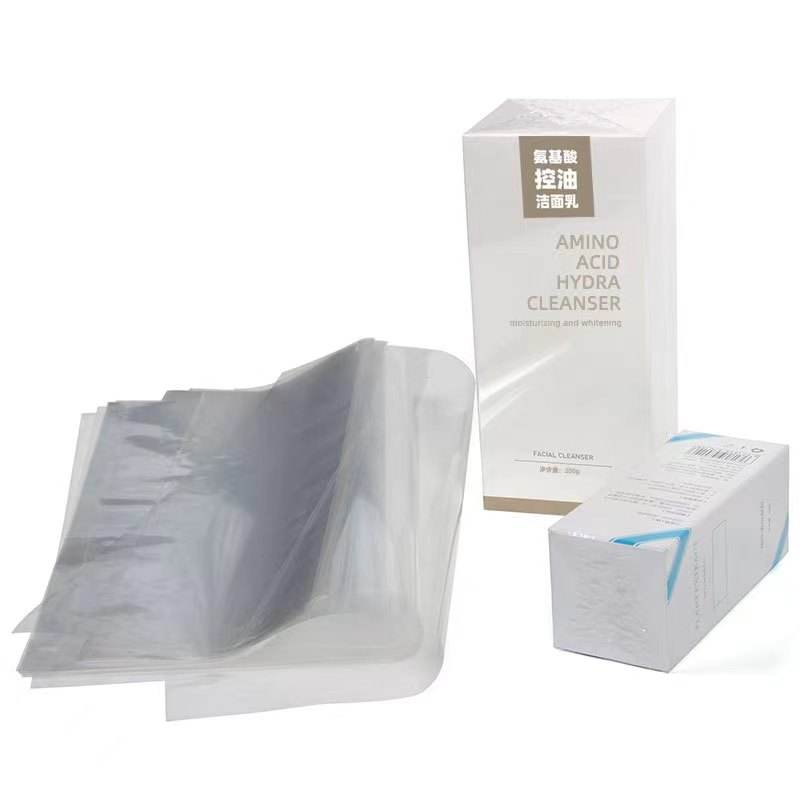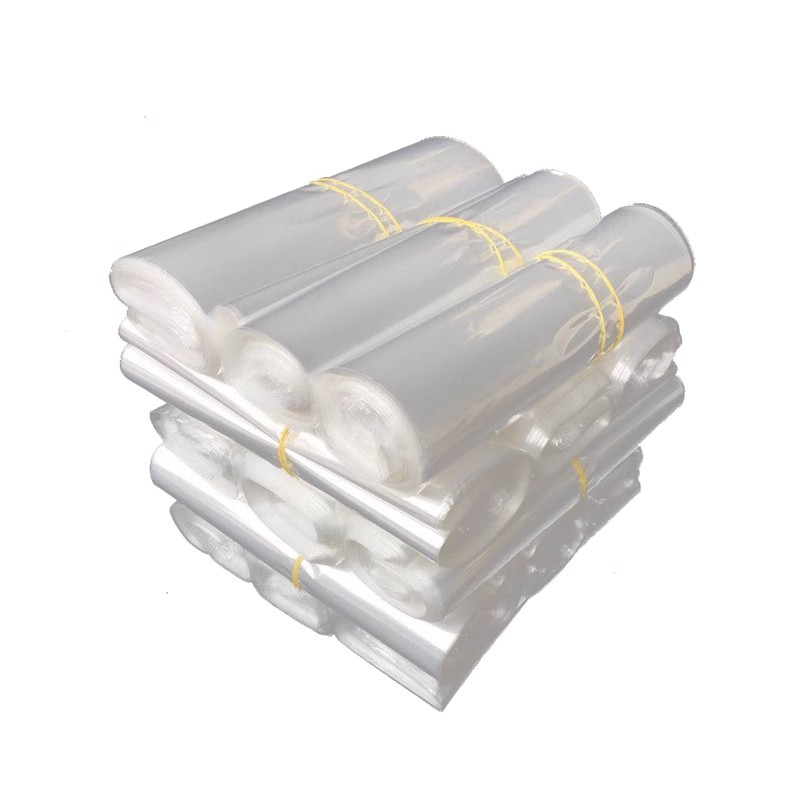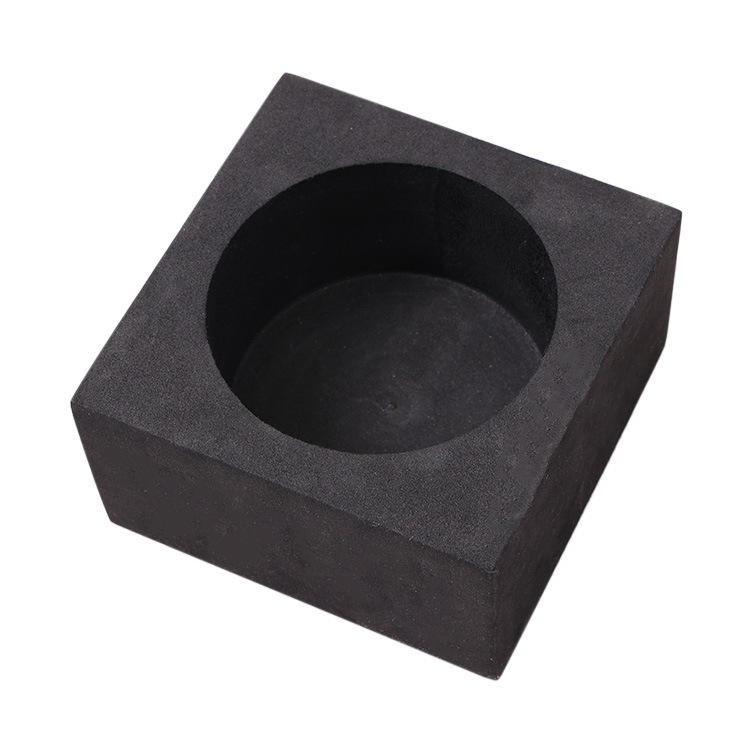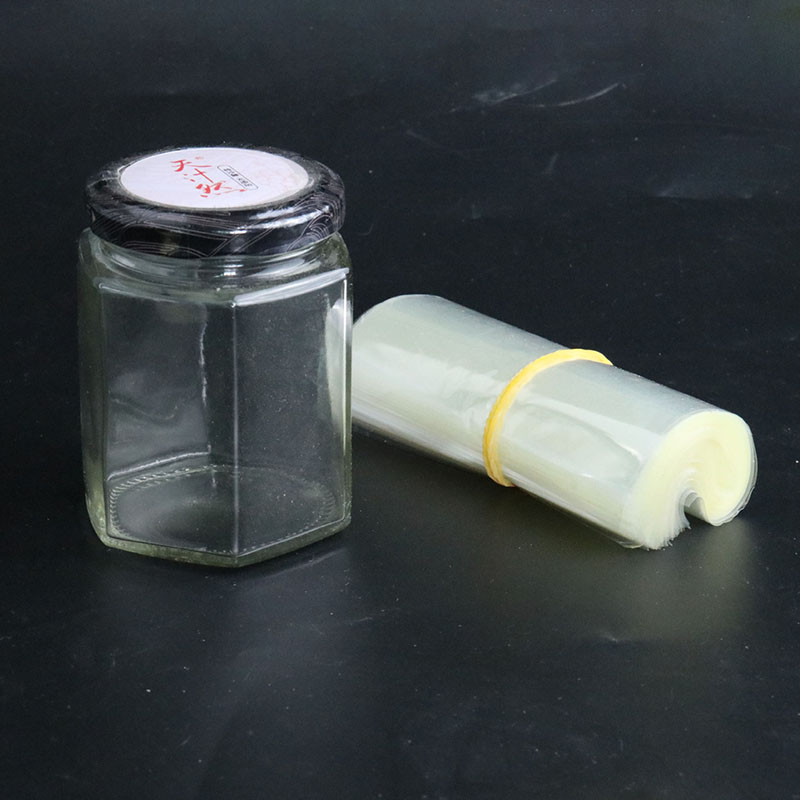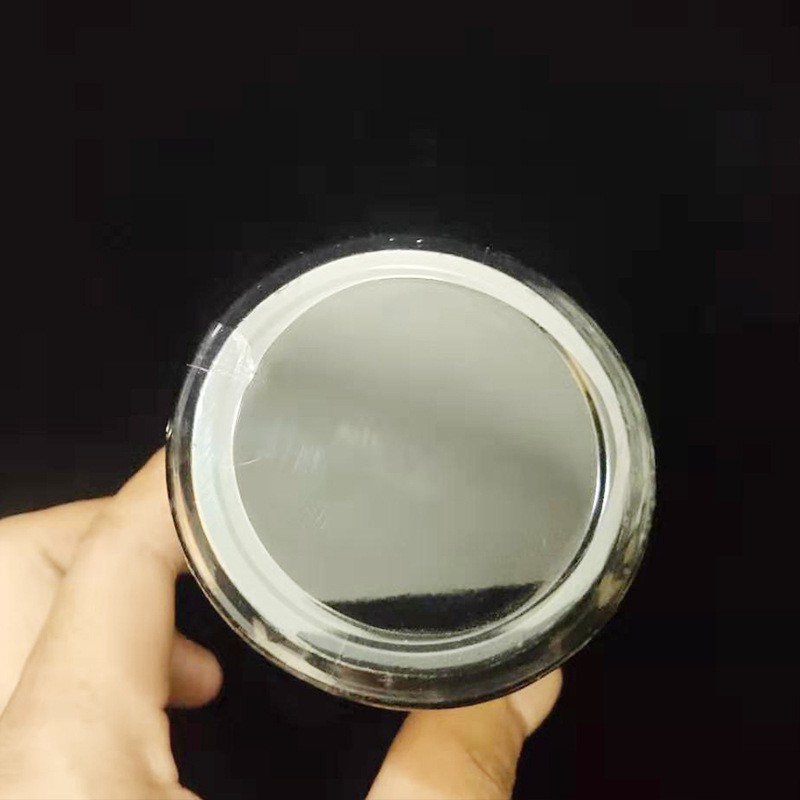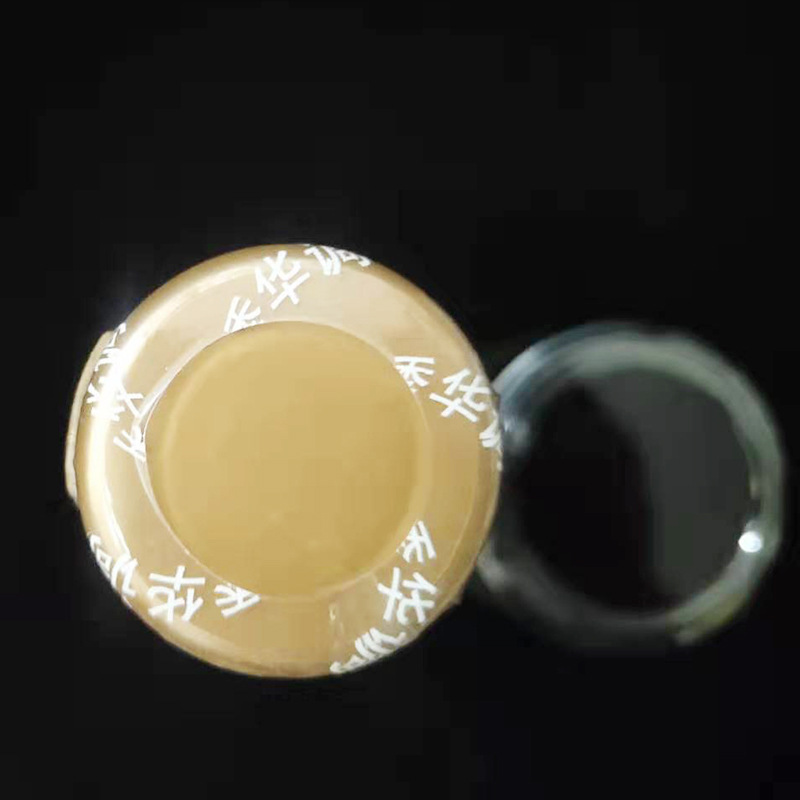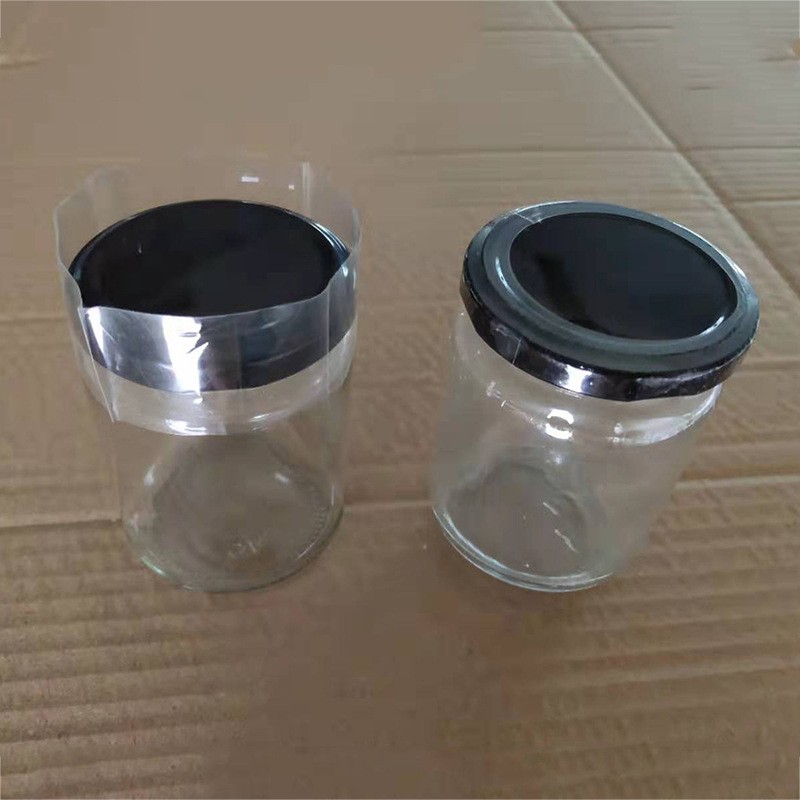Shrink Wrap for Cans
In the modern industrial landscape, the importance of efficient packaging solutions cannot be overstated. One such solution that has gained significant traction, particularly in the beverage industry, is shrink wrap for cans. This innovative packaging method not only enhances product protection and shelf life but also promotes branding and environmental sustainability. This essay explores the multifaceted advantages of shrink wrap for cans, its technological advancements, and the implications for both manufacturers and consumers.
Send Inquiry
Shrink wrap, a thermoplastic polymer material, is applied to products in such a way that it conforms tightly around them when heated. For cans, this process involves encasing groups of beverages—be they soft drinks, beer, or energy drinks—in a layer of shrink film. The resulting package is not only aesthetically pleasing but also incredibly functional. One of the primary benefits of using shrink wrap for cans is its ability to secure multiple items together, thereby optimizing shelf space during transport and storage. This compactness allows beverage companies to maximize their logistical efficiency, reducing transportation costs and overall carbon footprint.

Another significant advantage of shrink wrap is its effectiveness in protecting products from external contaminants and physical damage. The film acts as a barrier against moisture, dust, and other environmental factors that may compromise the integrity of the cans. Moreover, the tamper-evident nature of shrink-wrapped packages provides an additional layer of security, ensuring consumers can trust the quality and safety of the product they are purchasing. Consequently, this leads to enhanced consumer confidence and potentially increases brand loyalty.

In addition to its protective qualities, shrink wrap is an effective medium for branding. The versatility of shrink film allows for vibrant printing and unique designs that can elevate a product's marketability. Beverage companies can utilize shrink sleeve labels, which wrap fully around the can, providing more space for branding and messaging compared to traditional labels. This not only draws consumer attention in retail settings but also fosters a deeper connection between the brand and its audience through striking visual presentation.

Furthermore, as sustainability becomes an increasingly pressing concern in the packaging industry, shrink wrap presents eco-friendly options. Many manufacturers are now producing biodegradable or recyclable shrink films, addressing consumer demand for environmentally responsible packaging solutions. By opting for these alternatives, companies can reduce their ecological footprint while simultaneously appealing to a growing demographic of environmentally conscious consumers.

Despite the myriad benefits of shrink wrap for cans, it is essential to acknowledge potential challenges associated with this packaging method. The reliance on plastic films raises concerns regarding waste and pollution. Therefore, it is imperative for businesses to adopt responsible waste management practices and explore options for circular economy initiatives. By investing in sustainable materials and encouraging recycling, beverage companies can minimize the negative impact of their packaging choices.
In conclusion, shrink wrap for cans epitomizes a progressive approach to packaging within the beverage industry. With its ability to enhance product protection, optimize logistical efficiency, and foster brand identity, shrink wrap plays a pivotal role in modern packaging solutions. As consumer preferences evolve toward sustainability, it becomes increasingly crucial for manufacturers to implement environmentally friendly practices in conjunction with effective packaging. Ultimately, as the industry continues to innovate, shrink wrap for cans will remain a key player in the landscape of efficient and responsible packaging.
 English
English Español
Español Português
Português русский
русский Français
Français 日本語
日本語 Deutsch
Deutsch tiếng Việt
tiếng Việt Italiano
Italiano Nederlands
Nederlands ภาษาไทย
ภาษาไทย Polski
Polski 한국어
한국어 Svenska
Svenska magyar
magyar Malay
Malay বাংলা ভাষার
বাংলা ভাষার Dansk
Dansk Suomi
Suomi हिन्दी
हिन्दी

